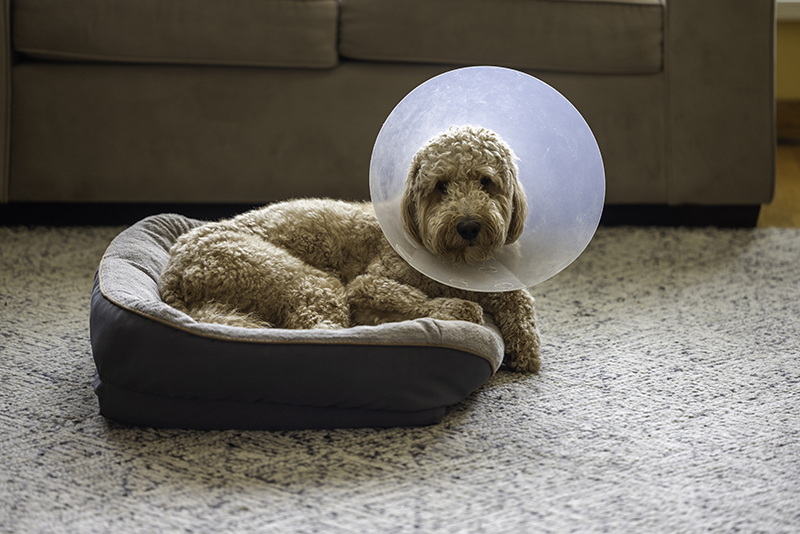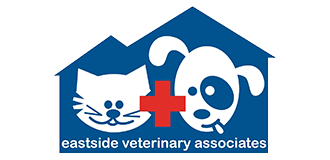
How to Prepare Your Pet for a Safe and Successful Procedure
When your beloved fur baby is scheduled for surgery, it is normal to feel anxious about the procedure. But surgery is a regular part of veterinary care for pets, and your vet will take the best possible care of your furry friend.
By making sure you prepare your pet for the big day, you can help ensure a successful procedure too. The team at Eastside Veterinary Associates would like to share 5 top tips for pet surgery preparation.
Animal Surgery Checklist: 5 Tips for a Successful Surgery
Your veterinarian will give you pre-surgical instructions for your pet. A vet will take your pet’s breed, size, and medical history into account before providing these tailored instructions. Make sure you reach out to your vet if you have any questions at all:
1. Make Sure Vaccines are Current
Does your pup have all her vaccines? Including the ones that are recommended by your vet but not necessarily required? If not, it may be time for her to get those done. Talk to your veterinarian about which vaccines they recommend for your pet.
If your pet receives surgical services at a different veterinarian than the one that gave them their shots, you’ll need to bring shot records.
Make sure you get all the necessary vaccines about two weeks before the scheduled surgery.
2. Schedule a Grooming Session
Whether you bathe your pet at home or send her to a groomer, now’s the time to make an appointment. You won’t be able to get your dog or cat wet for about two weeks after surgery. With a thorough grooming session, she’ll be ready to snuggle up with you stink-free after her procedure.
3. Avoid Feeding Your Pet Before Surgery
Pets who undergo sedation or anesthesia should refrain from eating the night before surgery. We generally recommend taking food away after 8 pm for a 12 hour fast before admitting at 8 am. Your pet can have water during this entire time. Please check with your veterinarian about pre-visit pharmaceutical doses and any special medications that are needed such as insulin.
4. Keep Pets Indoors
Do you have an eager hunter on your hands? Keep him inside the night before surgery to make sure he doesn’t eat any critters or other substances that could affect the procedure. This can help keep Fido or Kitty safe during surgery.
5. Go for a Potty Walk
Leash your pet up and go for a short, supervised walk around the block on the morning of his surgery. Don’t let him eat anything, but do let him sniff around and go potty. Empty bowels and bladders can help the surgery go more smoothly for the veterinary team—and for your pet.
Pet Health and Wellness After Surgery
Just as they did before your pet’s procedure, your veterinarian will give you detailed instructions for helping your pet recover. Follow them carefully and make sure you call your veterinarian with any questions or concerns.
If your pup or kitty needs to be spayed or neutered, reach out to Eastside Veterinary Associates. We provide attentive surgical services to all dogs and cats in the Kirkland, Newcastle, and Renton areas. Call us to learn more about what we can do for your pet.
